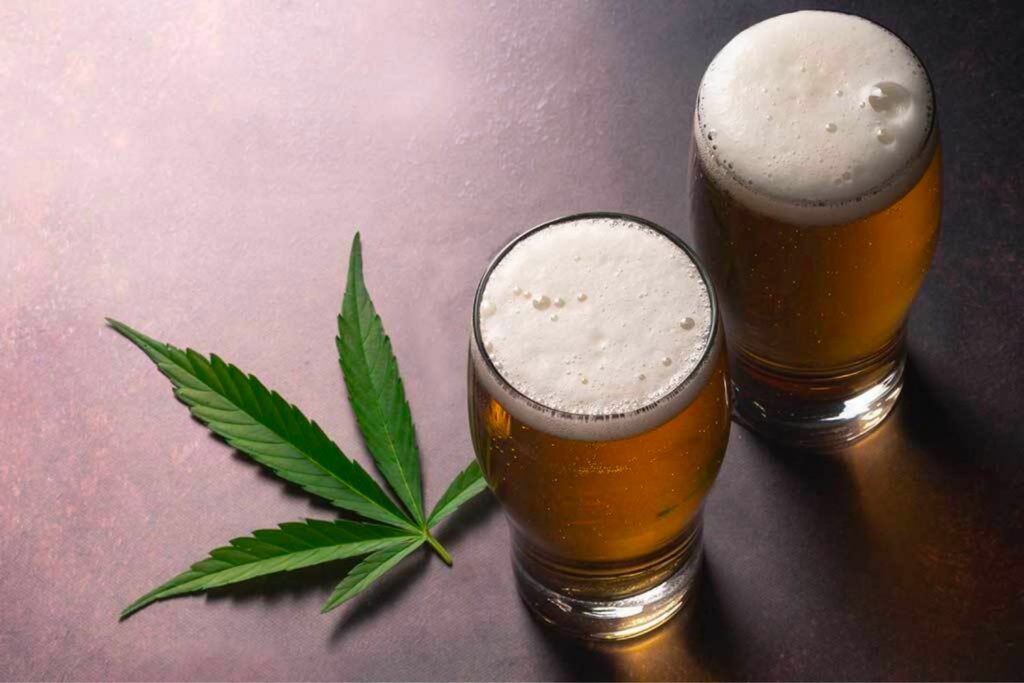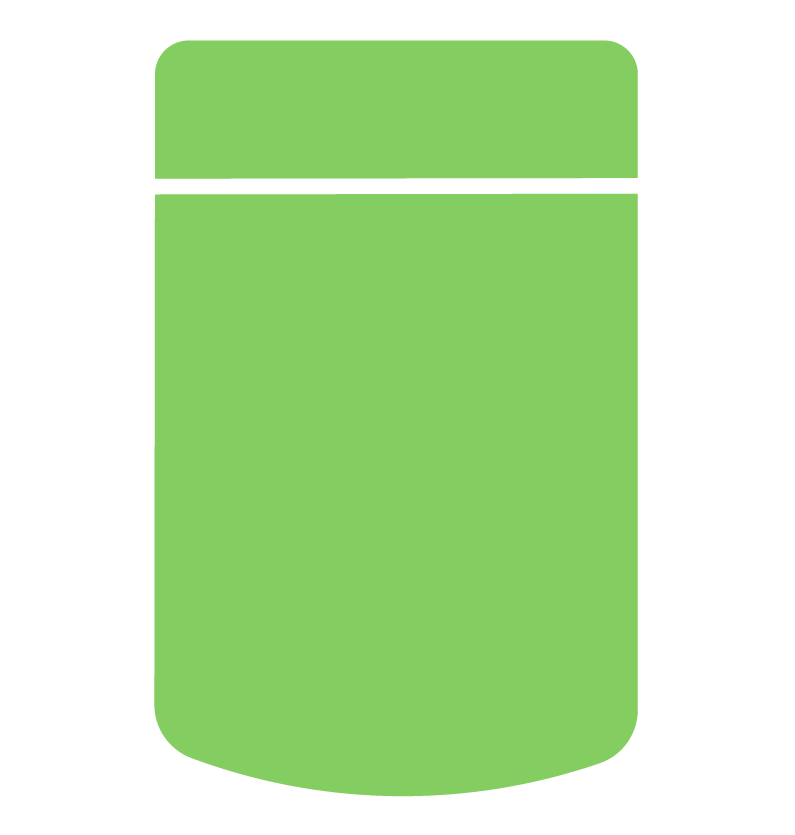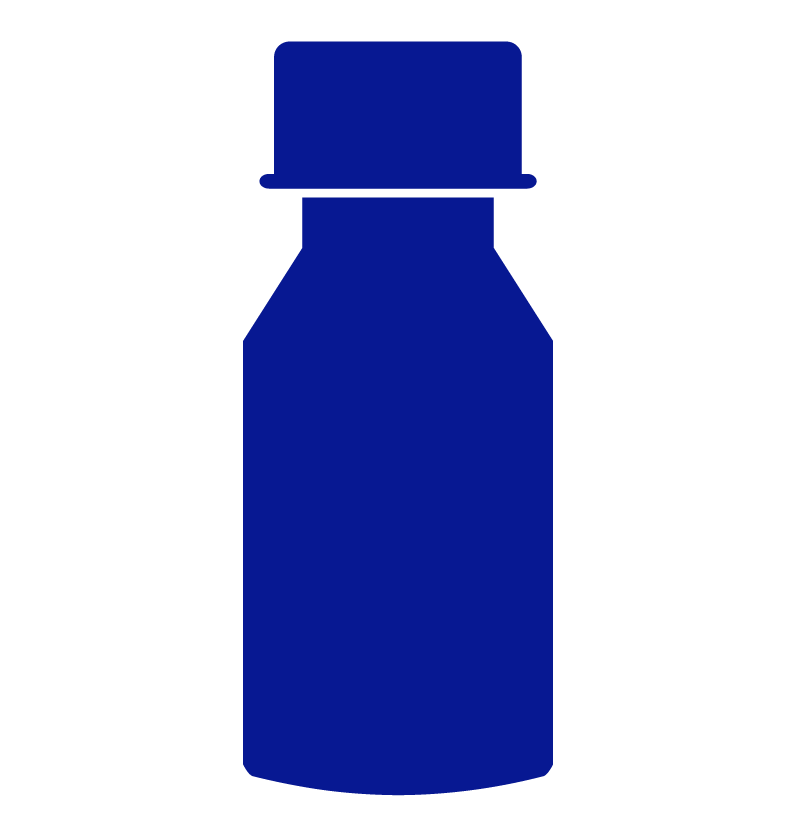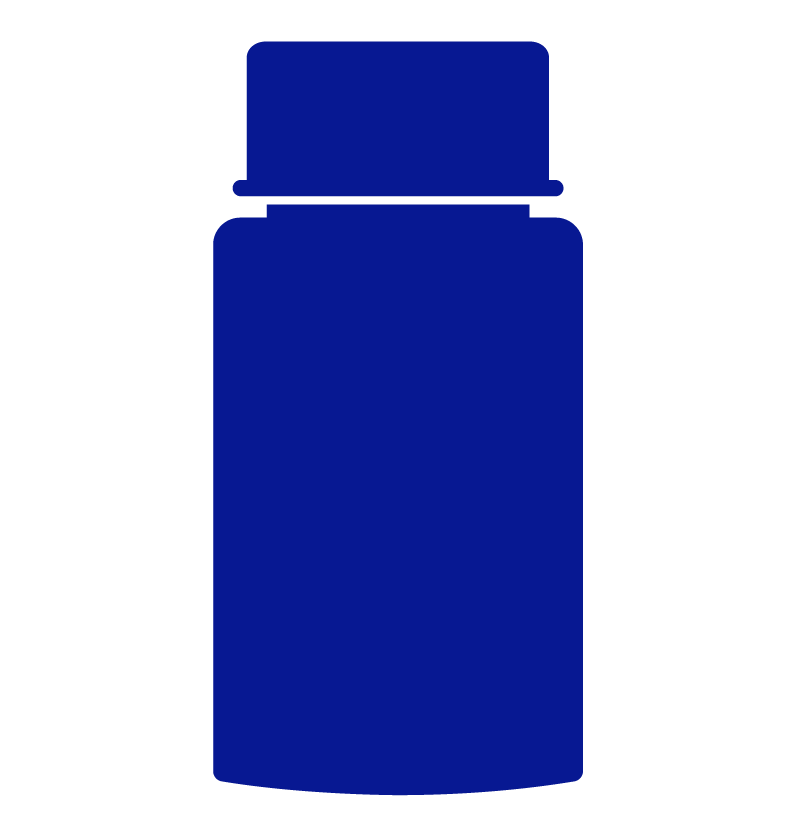Previous Article
In the News: Chronic Pain and Long COVID Crossover
The Coronavirus (COVID-19) pandemic is coming closer to an end as everything has started to shift back to normal, however its effects in physical and mental health on millions of people are still very relevant. Given the well-established relationship between stress and pain, stress related to the pandemic may exacerbate pain and impair functioning in people with chronic pain.
Pre-existing chronic pain conditions, such as fibromyalgia and arthritis, may be a risk factor for long COVID patients because they may experience symptoms of worsening pain, sleep, mood, and general well-being. The pandemic has also resulted in a rise in new-onset immune diseases and musculoskeletal disorders.
Muscle and joint pain are common symptoms during most acute viral illnesses, including COVID infection. In persons with acute COVID infections, the pain is thought to be a non-specific expression of the acute, inflammatory response, and it affects 20% to 30% of people. These symptoms worsen in people who have been hospitalized for severe COVID and can result in muscle wasting brought on by physical inactivity.
Learn More in the News
Recognizing the potential connection between pre-existing chronic pain conditions and long-COVID will allow for a more tailored approach to diagnosis and management. If you have specific questions regarding your chronic pain, please speak to your Healthcare Provider for a tailored treatment plan.
NEED HELP WITH A TAILORED TREATMENT PLAN?
Book an Appointment
Next Article
Talking about Cannabis with your Friends and Family Members
You'll probably be spending more time with your family, friends, and loved ones now that the holidays are approaching. The reality of these lifelong relationships is that occasionally our personal beliefs and opinions may start to diverge from those of some of the people we value most. Cannabis tends to be one of these hot topics, so we have put together some talking points on how to bring up cannabis with people in your life who might not share your knowledge and beliefs regarding cannabis-based medicine.
Why is it hard to talk about cannabis?
Cannabis has a turbulent history, and in the 1930s, American politicians stigmatized cannabis for a variety of reasons, some of which were just racist. Politicians told Congress that "marijuana is an addictive drug which produced in its user's insanity, criminality, and death" while having no medical or scientific evidence to support their claims.
Cannabis was misunderstood and vilified for a very long time. It was sometimes referred to be a "gateway drug" to stronger drugs. Cannabis is currently, however, is demonstrated by researchers to be an "exit drug" and a potentially effective tool in the fight against the opioid crisis.
At the very least, we can replace a medicine that has the potential to kill people (opioids) with one that does not (cannabis). According to data from the United States, medical cannabis laws have lowered opioid prescribing in every state where they have been implemented1.
Cannabis is now legal in Canada
In Canada, laws and regulations have advanced significantly. Canada is the first major industrialized country to legalize access to cannabis for both medical and non-medical uses, and it is widely available for purchase.
How do you access legal medical cannabis?
A medical cannabis clinic like North Stars Wellness or HelloMD provides access to a medical professional who assesses and then authorizes medical cannabis for purchase from a licensed producer (like Starseed Medicinal) and provides medical cannabis education and tailored treatment plans. With medical authorization, a patient can deduct the cost of medical cannabis from their taxes and, if their insurance policy covers it, use its benefits for medical cannabis.
The provincial government regulates adult-use (i.e., recreational) cannabis that is sold in retail cannabis stores from licensed producers. However, there are many restrictions on what sales representatives (i.e., budtenders) in cannabis retail stores are allowed to say. For instance, they are not allowed to make any health claims or imply a health or cosmetic benefit. People should speak with a healthcare professional about the potential medical benefits of cannabis for this reason.
The Cannabis Act, which is enforced by Health Canada and includes stringent controls and quality assurance testing, governs all licensed producers of cannabis for both medical and non-medical use.
How to talk about medical cannabis
1. Choose a comfortable and safe setting and approach
Talking to people one-on-one is frequently preferable. When you plan this conversation, keep in mind to do it in a relaxed environment where you and your loved one can effectively discuss your cannabis therapy and their concerns.
Do not minimize their concerns and encourage them to openly ask questions. Take your approach to science, a subject where they have less room to disagree, rather than becoming frustrated or defensive.
2. Highlight scientific research and the benefits to your quality of life
Being prepared with research is one of the best things you can do when discussing your experience as a medical cannabis patient. You might start by giving them a general overview of the plant, comparing THC with CBD, and discussing the many formulations (oils and topicals), or you could just get right to tell them how it has specifically helped you.
If you’re diagnosed with a condition like chronic pain, anxiety, sleep disturbances, or arthritis, for example, use scientific studies to back up your reason for turning to medical cannabis.
3. Dispel the myths that cannabis is all about getting you high and smoking joints
Fact: Cannabis contains more than 150 active compounds, 2 of which are CBD and THC – the prime compounds that are used in medical cannabis. THC is responsible for the psychoactive intoxicating effects, a.k.a the feeling of being “high”. CBD is non-intoxicating and doesn’t produce any “mind-altering” effects. Starseed patients can opt to use CBD-dominant products with little or no THC to avoid the intoxicating effects.
Fact: Medical cannabis can be consumed in multiple ways besides smoking, such as ingestion or skin application. Although inhaling cannabis has a rapid onset and shorter duration of action, smoking (or burning) cannabis is not advised due to the toxic by-products of smoke, such as ammonia, nitrous oxide, and compounds known as PAHs, which are all potentially carcinogenic. Furthermore, not only can burnt plant products and paper irritate your lungs and cause you to cough, but much of the medicine burns up too quickly.
4. Talk about your treatment plan
Your medical cannabis treatment plan acts like a prescription and offers the specific dosage instructions and product recommendations made by your healthcare practitioner, enabling you to follow a safe and responsible medical cannabis regimen with confidence.
5. Talking to kids about cannabis
It might be difficult to know how to communicate with kids about cannabis. You should use Drug-Free Kids Canada as a great resource for having these difficult conversations.
If you have any other questions about cannabis, registration or booking an appointment with a Healthcare Practitioner, please contact our Client Care Team at 1-844-756-7333 or info@starseed.com.
[1] Bradford, A. C., Bradford, W. D. Medical Marijuana Laws Reduce Prescription Medication Use In Medicare Part D. Health Aff (Millwood) 35, 1230–1236 (2016)
Bradford, A. C., Bradford, W. D., Abraham, A. & Adams, G. B. Association Between US State Medical Cannabis Laws and Opioid Prescribing in the Medicare Part D Population. JAMA Intern Med (2018)
Wen, H. & Hockenberry, J. M. Association of Medical and Adult-Use Marijuana Laws With Opioid Prescribing for Medicaid Enrollees. JAMA Intern Med (2018)







